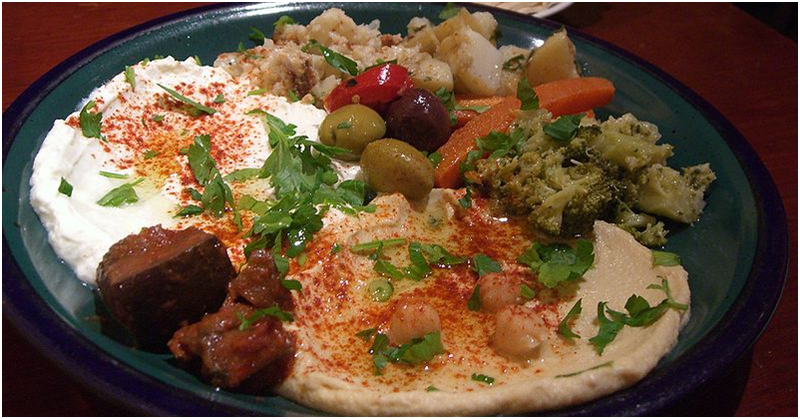For many imaginable reasons, married couples don’t always end up “happily ever after.” Sometimes they do, but it takes a lot of work… more than you can ever imagine. However, in the event that married individuals decide against keeping their vows legally binding, and in effect, they will have to refer to the law prior to ending things once and for all.
ALSO READ: [Guide] Applying for a Temporary Residence Visa Extension in Kuwait
And since the law varies from one country to another, it pays for every citizen and foreign resident to understand what their country’s laws have to say about their circumstances. Do note, that in many other cases, individuals are fully aware about what the law maintains regarding certain types of union and marriages, by which they can use to their advantage as citizens of that state. And that’s an entirely different topic altogether.

Steps for Terminating a Marriage Contract in Kuwait
But for those living in the rather conservative Middle, East which includes countries such as Kuwait, residents will not only have to base their decisions and proceedings to the rule of the land, but also on religious laws observed in society.
And since Kuwait is an Islamic nation, terminating a marriage contract between a Kuwaiti and a non-Kuwaiti will have to be dealt with utmost care and planning to ensure that all angles have been fully considered.
It is for this reason that couples are advised to get legal counsel to assist them with this process, but once everything has been sorted out and agreed upon amicably, both parties will be required to prepare certain documents and carry out necessary steps to pursue the decision to terminate a marriage contract.
Requirements:
- Civil ID or nationality of the Kuwaiti applicant
- Civil ID or valid passport of the non-Kuwaiti resident applicant
- For illegal residents: a letter from the Executive Committee as well as personal identification will be required of the applicant.
- For widow applicants or those whose guardian is deceased: a document to support the determination of heirs will be required.
- If the husband is a student, dealer, retired, or unemployed: a letter from the Public Institution for Social Security.
- A certificate of divorce for the divorcee
- If the husband is serving the military, a marriage permit from his superior must be presented.
- A Special Power of Attorney
Procedures:
- Visit the Authentication Office located at the Ahmadi Court Complex or Riggai Court Complex and submit all the applicable above-listed requirements.
- Fill out the service application form, which will be provided on-site.
- Pay the application service fee worth KD 7, as well as the fee for the visiting court representative (KD 6) and other fixed fees (KD 1).
As in any other place in the world, the process for terminating a marriage or filing for divorce can take up a significant amount of time to be accomplished, based on the surrounding circumstances leading to this purpose. If there is domestic violence and the children are involved, the judge will typically refer the case to professionals for counselling first. However, in the event that both parties refuse to seek counselling, both will be required to sign a document in order to bring the case to court, and only then will the legal proceedings begin.
ALSO READ: Celebrating Eid in Kuwait

